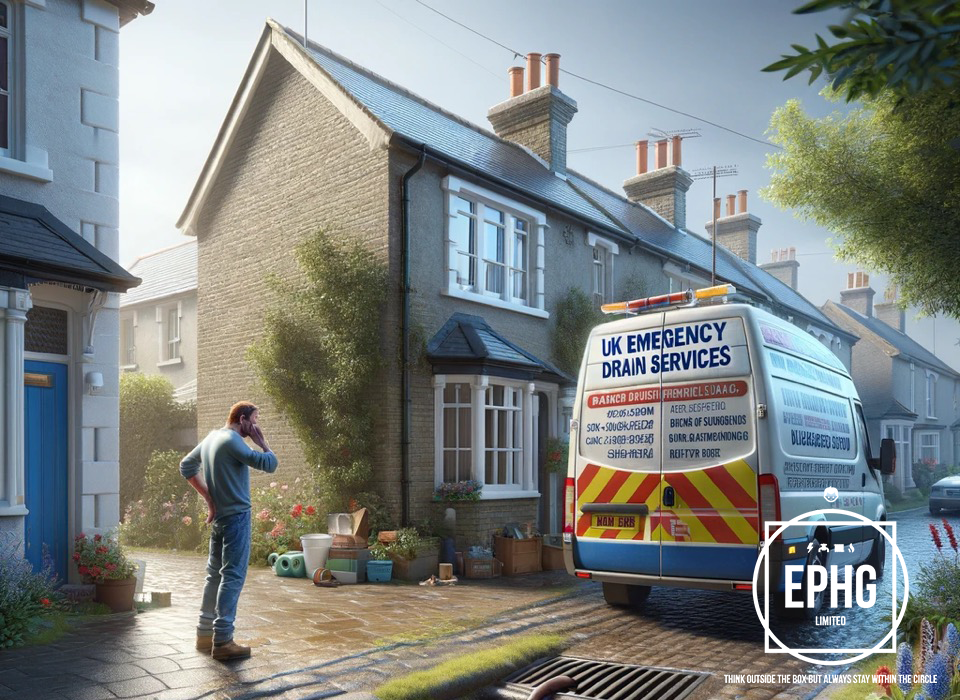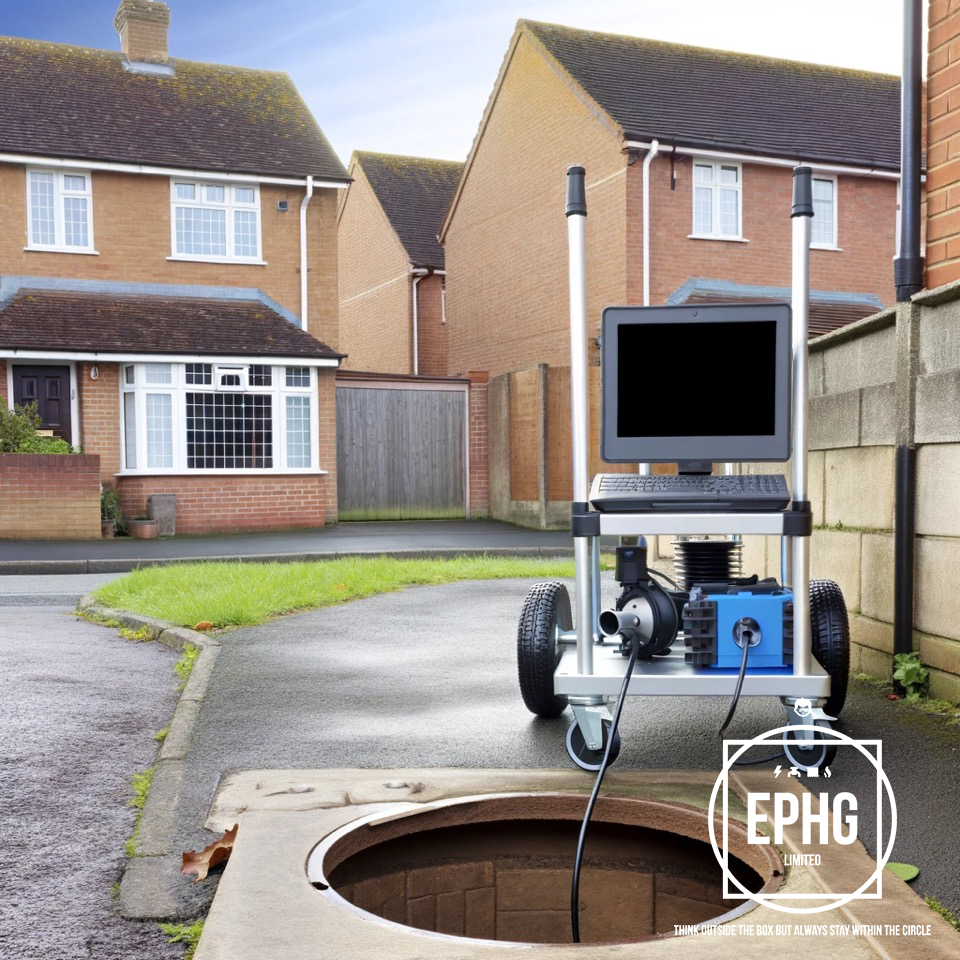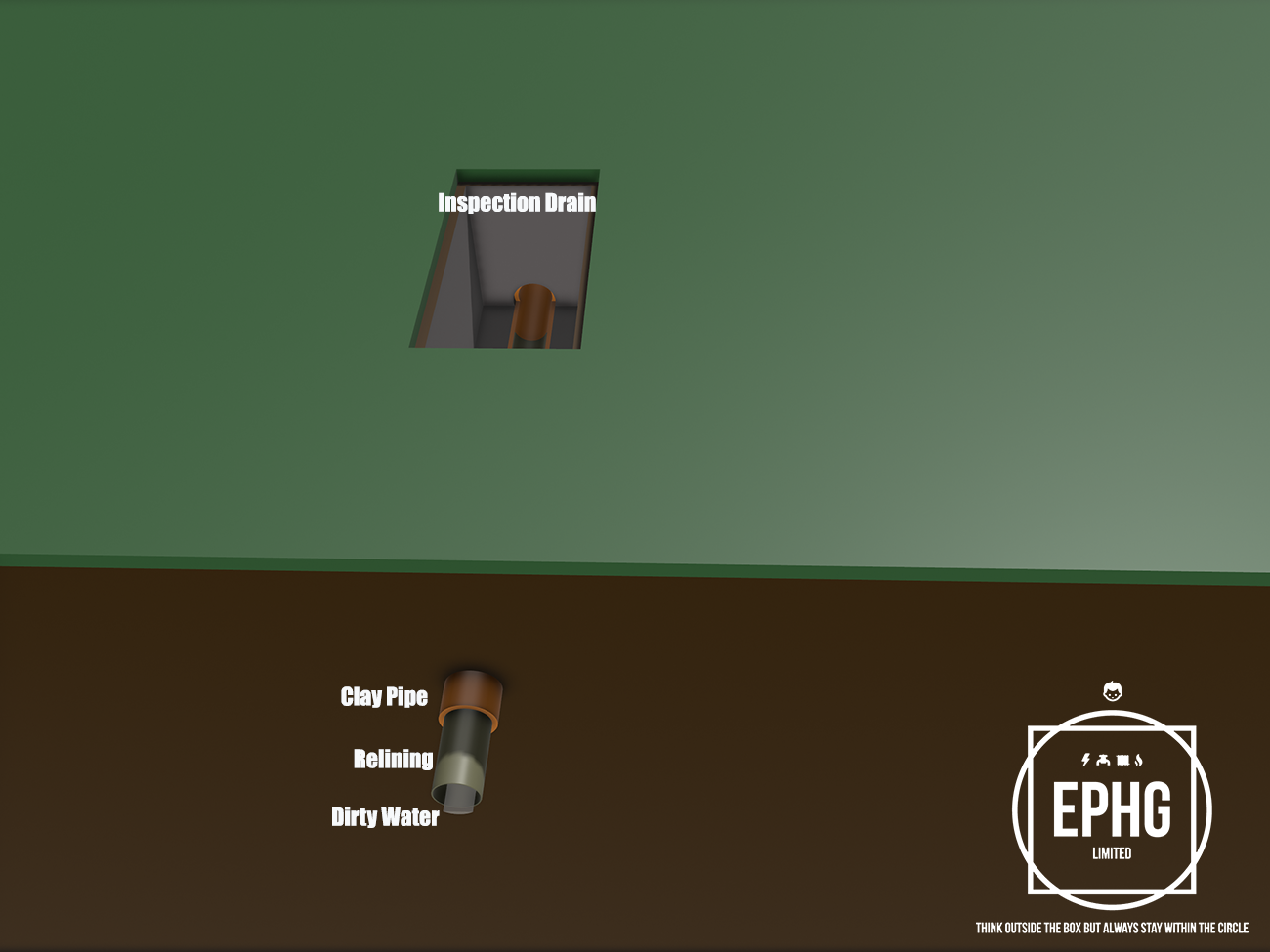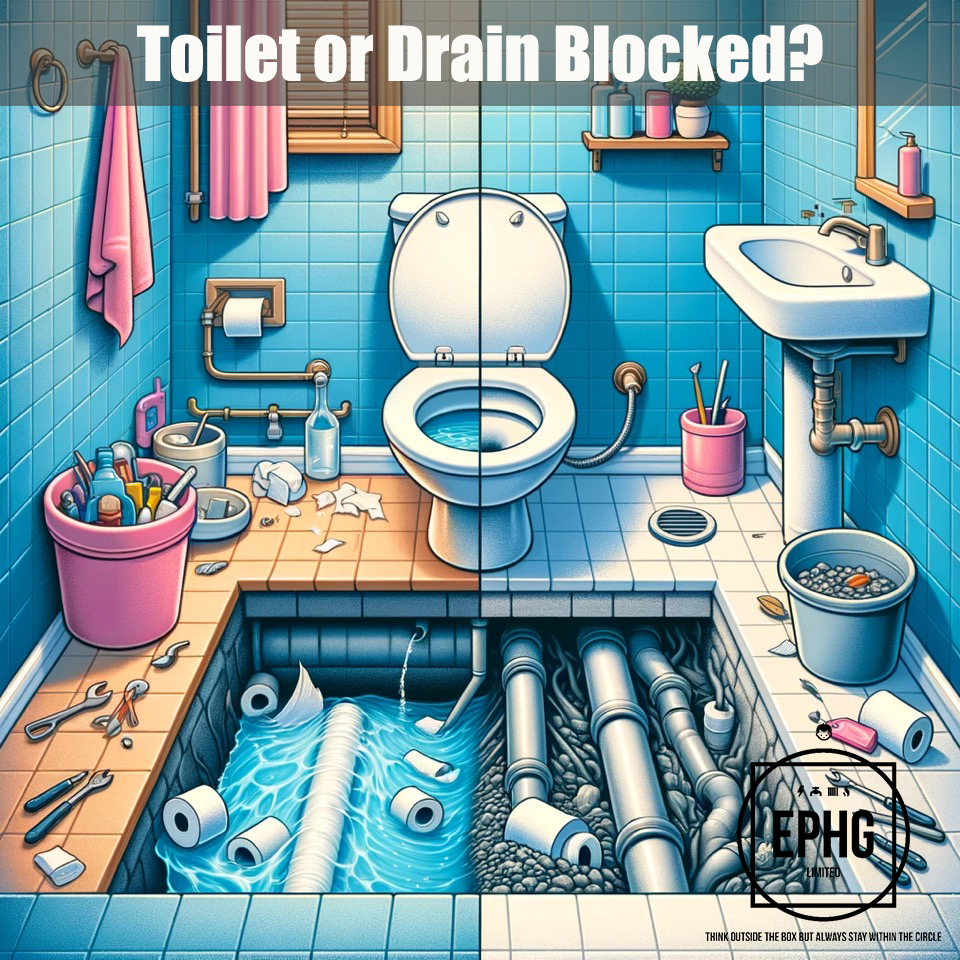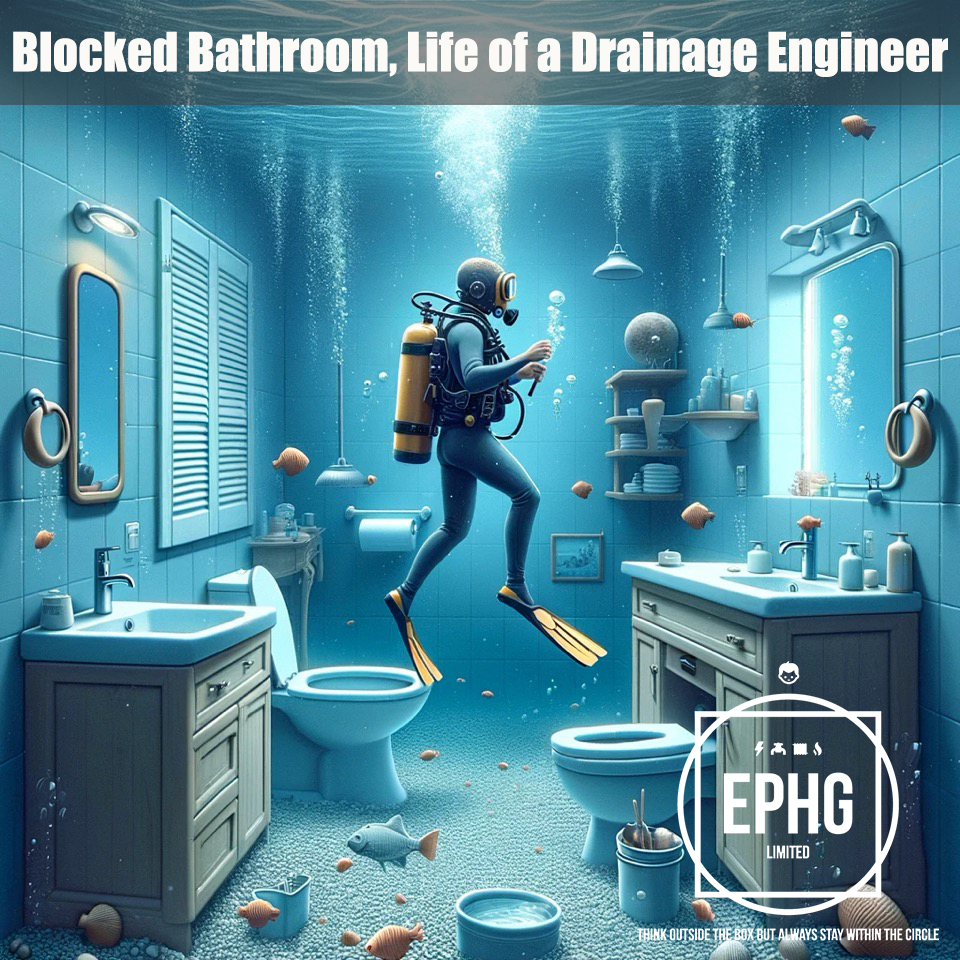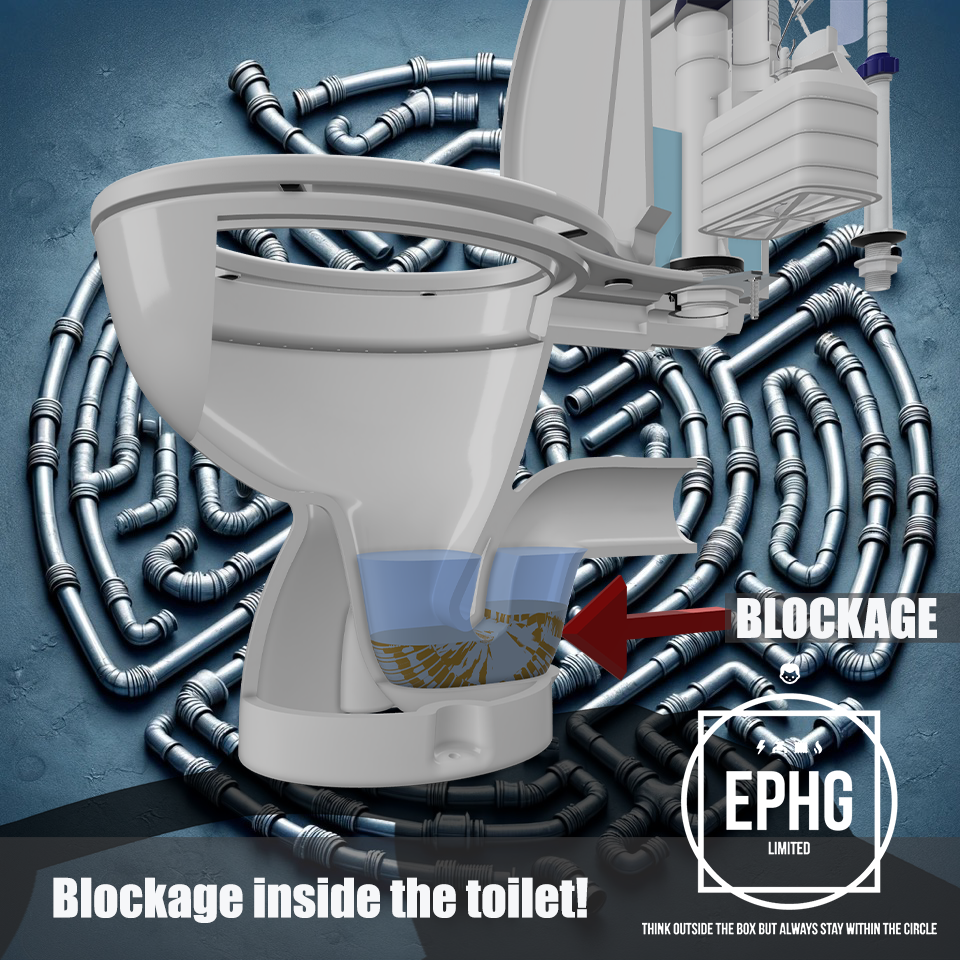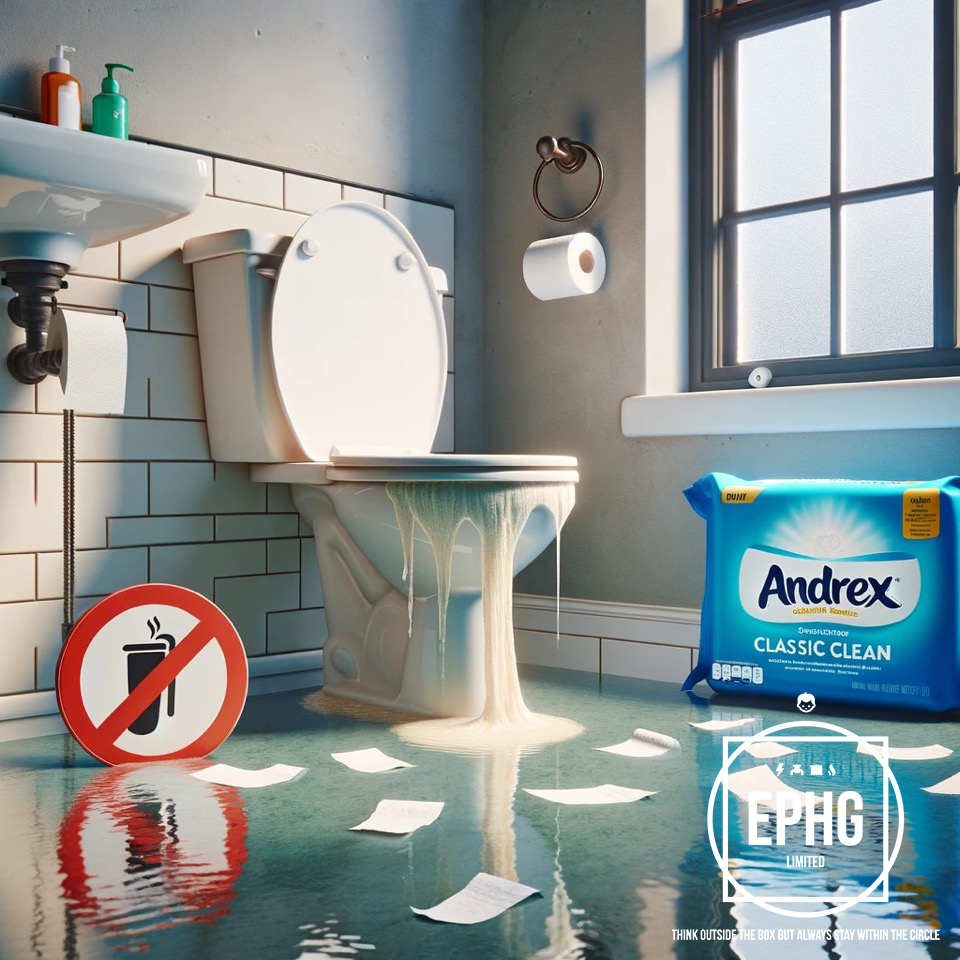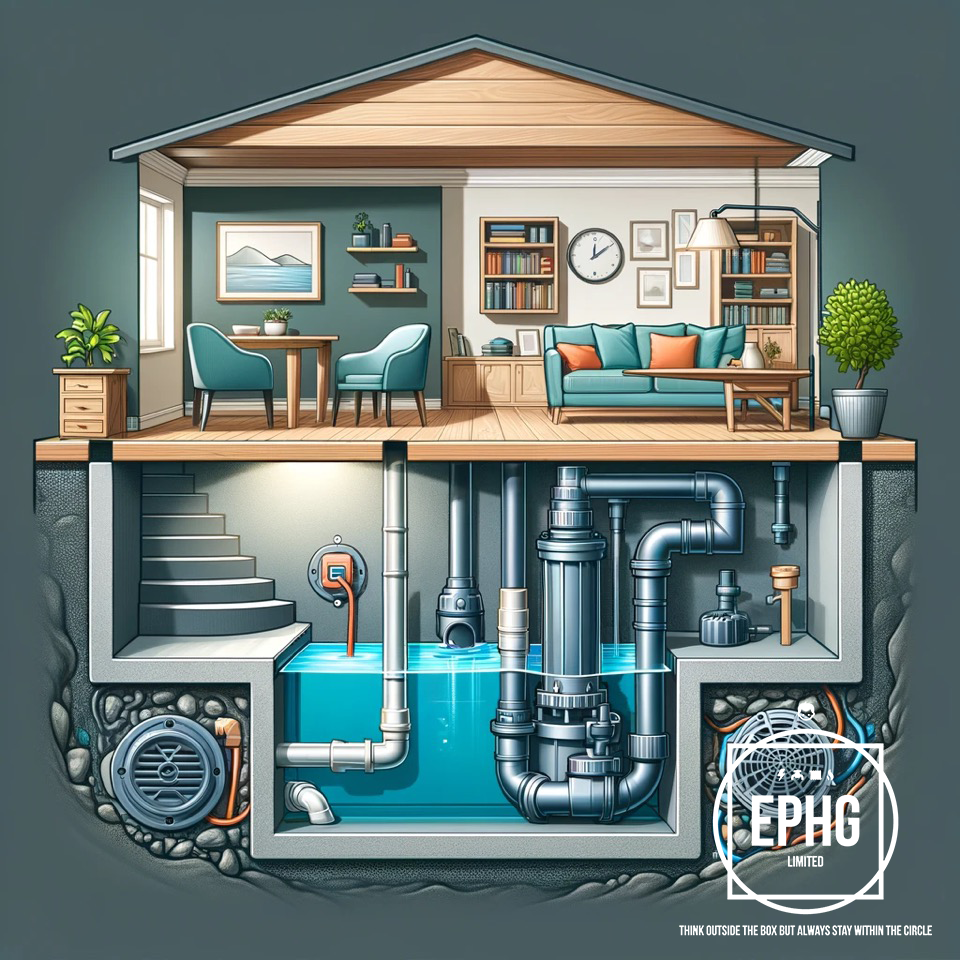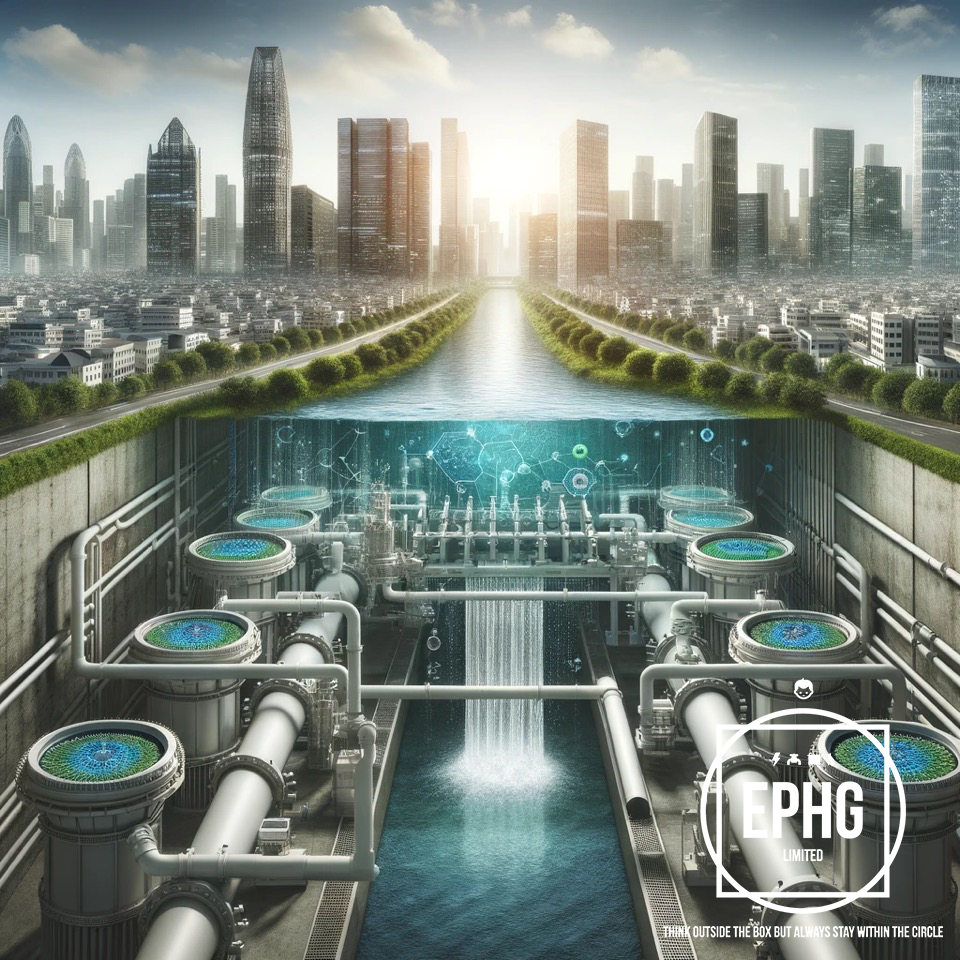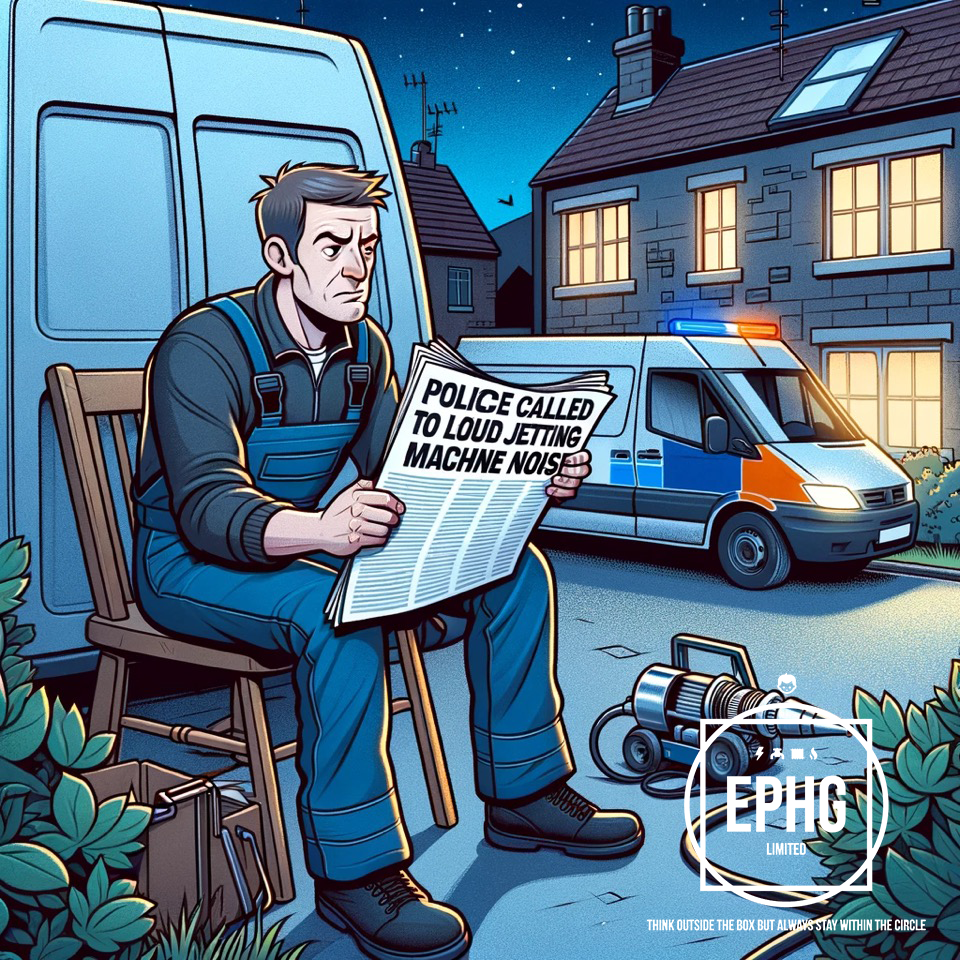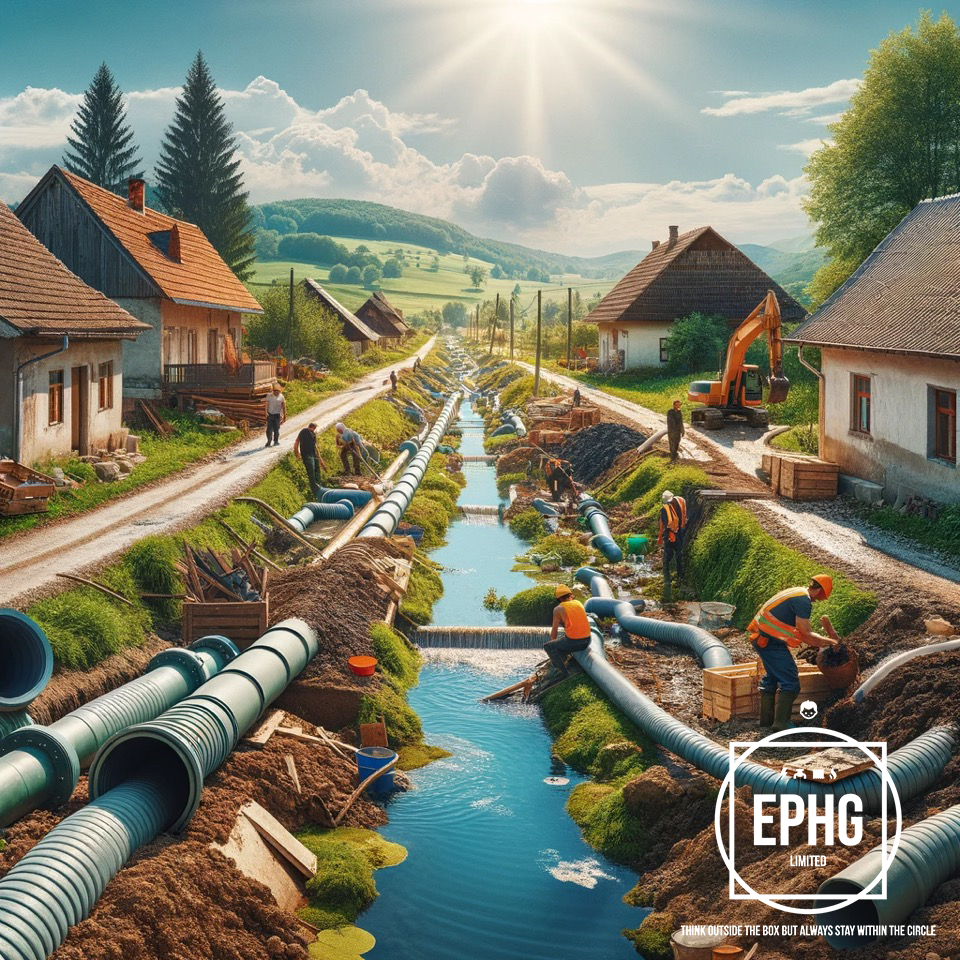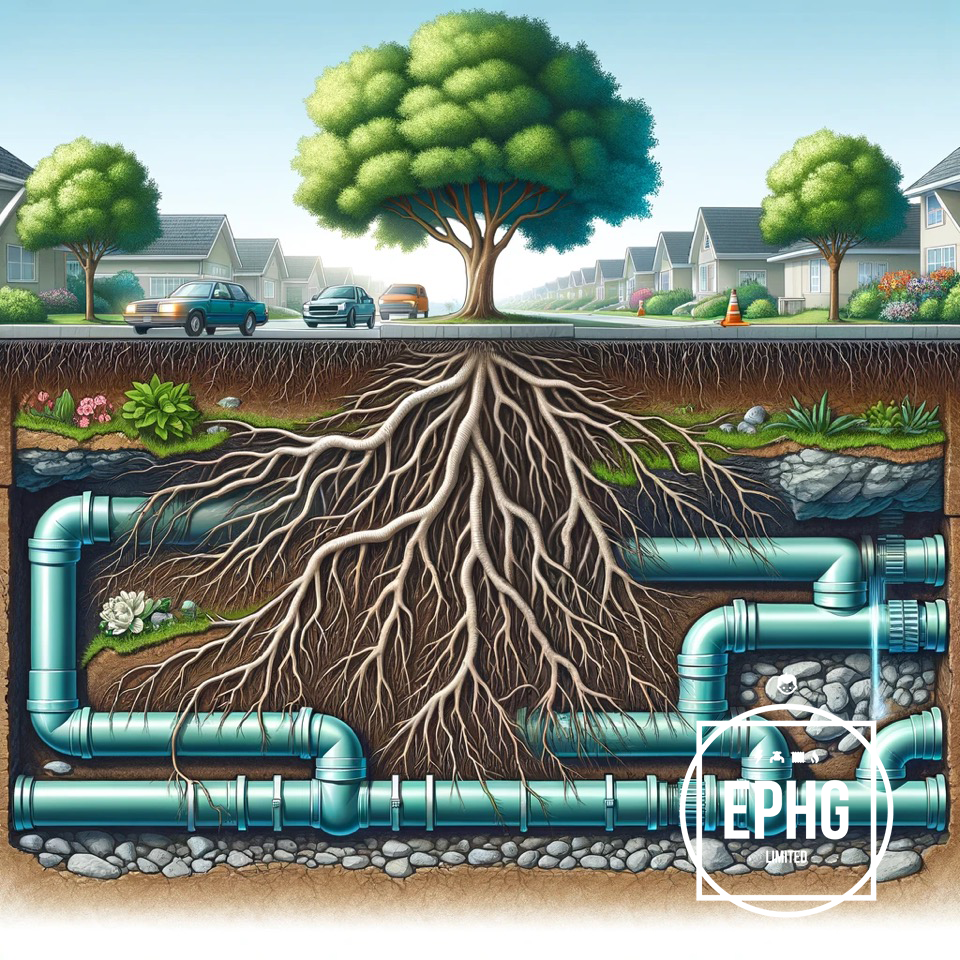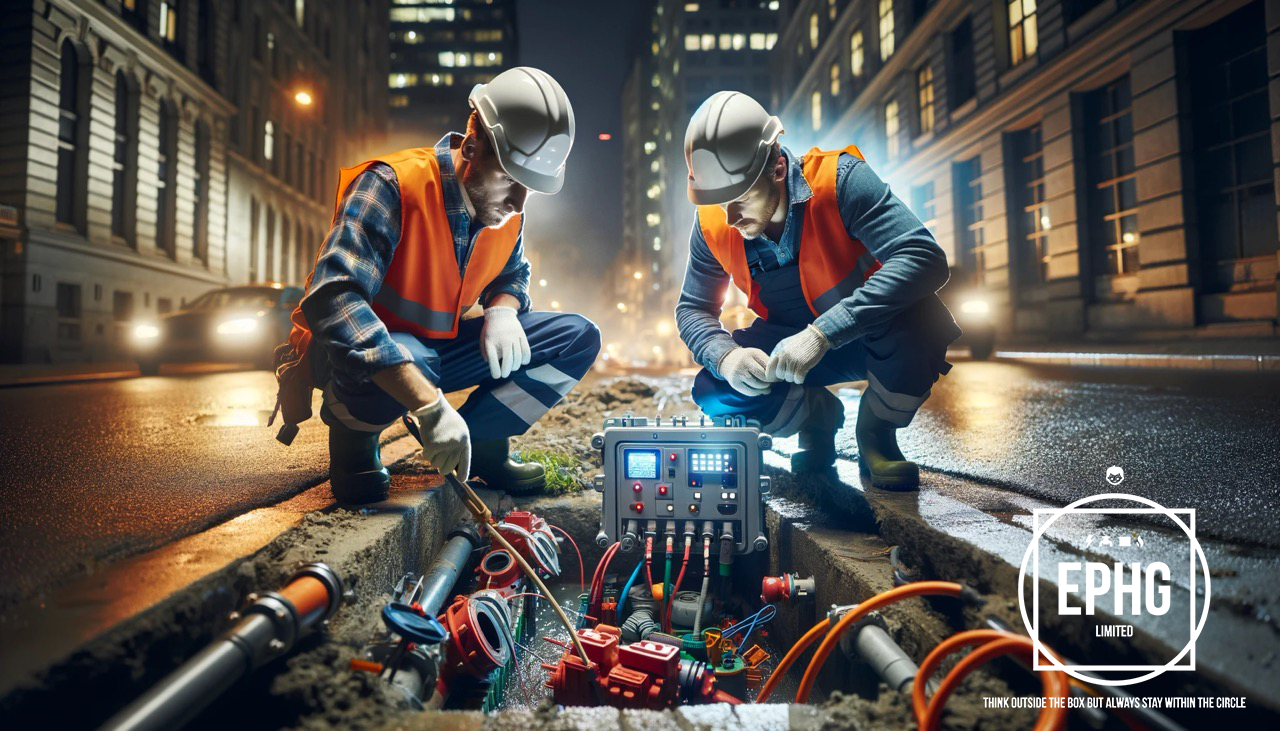
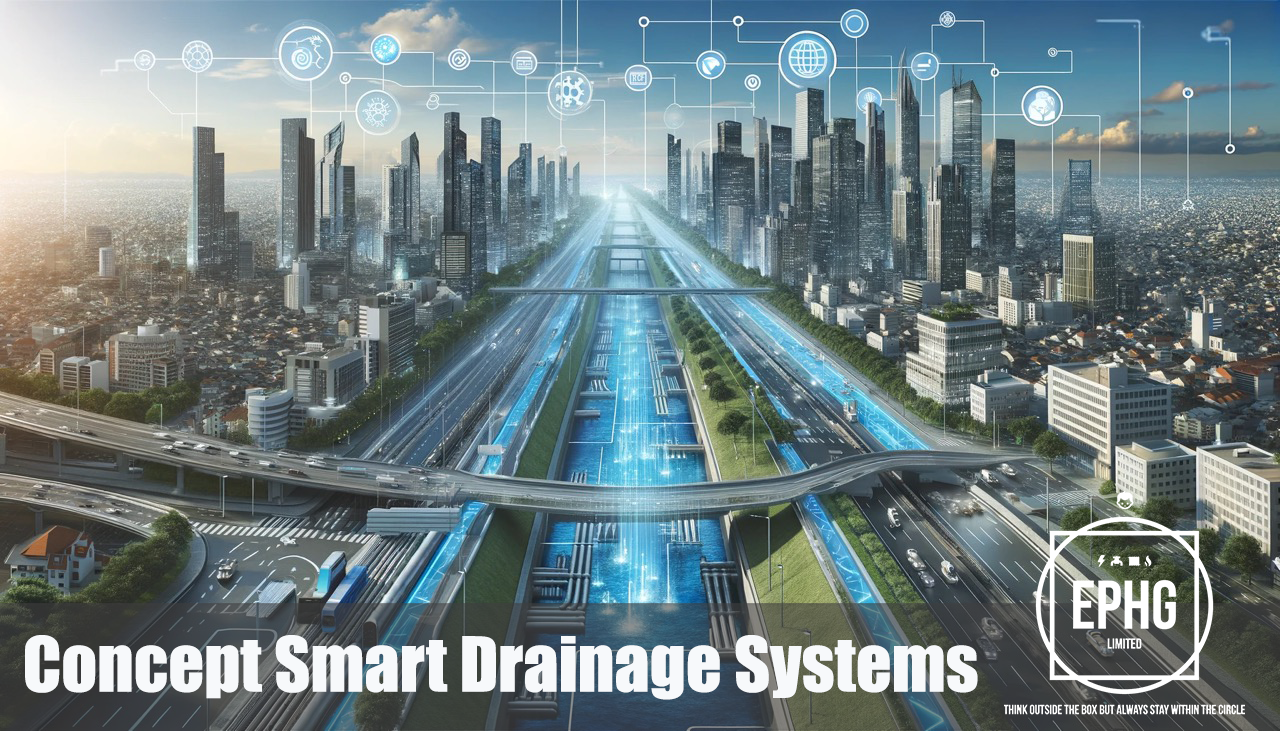
Smart Drainage Systems: Navigating Potential Pitfalls and the Essential Role of Emergency Professionals
In the evolving landscape of urban infrastructure, smart drainage systems represent a significant leap forward. These advanced solutions, designed to mitigate flooding and manage water resources more efficiently, are becoming increasingly integral in cities worldwide. However, as with all complex systems, there's a spectrum of potential issues that could arise, highlighting the indispensable need for emergency drainage engineers and electricians. Let's delve deeper into the world of smart drainage systems, uncover where they could go wrong, and understand why specialized emergency services are vital for quick resolution and system integrity.
Understanding Smart Drainage Systems
Smart drainage systems utilize a combination of advanced sensors, IoT technology, and data analytics to monitor, predict, and manage the flow of water through urban landscapes. By integrating real-time data collection with automated decision-making processes, these systems aim to prevent flooding, reduce environmental impact, and optimize water quality. The intelligence behind these systems allows for dynamic responses to changing weather conditions, urban development, and varying water levels, ensuring cities remain resilient in the face of climate change and urbanization challenges.
Potential Pitfalls of Smart Drainage Systems
Despite their innovative approach and numerous benefits, smart drainage systems are not without their vulnerabilities:
- Sensor Malfunctions: The efficiency of smart drainage systems heavily relies on the accuracy and functionality of sensors. A malfunctioning sensor can lead to incorrect data analysis, resulting in inadequate water management and potential flooding.
- Software Glitches: As with any technology-driven system, software issues can arise. Bugs, outdated firmware, or cyberattacks can impair the functionality of the drainage system, leading to unexpected operational failures.
- Power Failures: Smart drainage systems depend on a continuous power supply. Power outages, whether due to natural disasters or grid failures, can incapacitate the system, preventing it from responding to rising water levels.
- Communication Breakdowns: These systems often depend on seamless communication between different components and central control units. Interruptions in this communication, whether due to hardware failures or network issues, can hinder the system's ability to function correctly.
The Critical Role of Emergency Professionals
When smart drainage systems falter, the rapid response of emergency drainage engineers and electricians becomes crucial. These professionals possess the specialized knowledge and tools necessary to diagnose and rectify the wide array of issues that can afflict smart drainage systems:
- Emergency Drainage Engineers: They are the first responders when drainage systems fail. Equipped with the expertise to handle high-tech systems, they can quickly identify and address issues such as blockages, sensor malfunctions, or structural damages, preventing escalation and minimizing water-related damage.
- Emergency Electricians: Given the electrical intricacies of smart drainage systems, certified emergency electricians are essential. They tackle power-related problems, from grid failures to internal system short circuits, ensuring the system remains operational even under adverse conditions.
Conclusion
Smart drainage systems are pivotal in contemporary urban water management strategies, offering innovative solutions to age-old problems. However, their sophisticated nature means that when things go wrong, they can go significantly wrong. This underscores the need for prompt, skilled intervention by emergency drainage engineers and electricians. Investing in regular maintenance, staying updated with the latest software, and having a rapid response plan in place are critical steps in ensuring the resilience and efficiency of smart drainage systems. By acknowledging potential pitfalls and valuing the role of emergency professionals, cities can better safeguard against water-related challenges, ensuring a safer, more sustainable urban environment.


